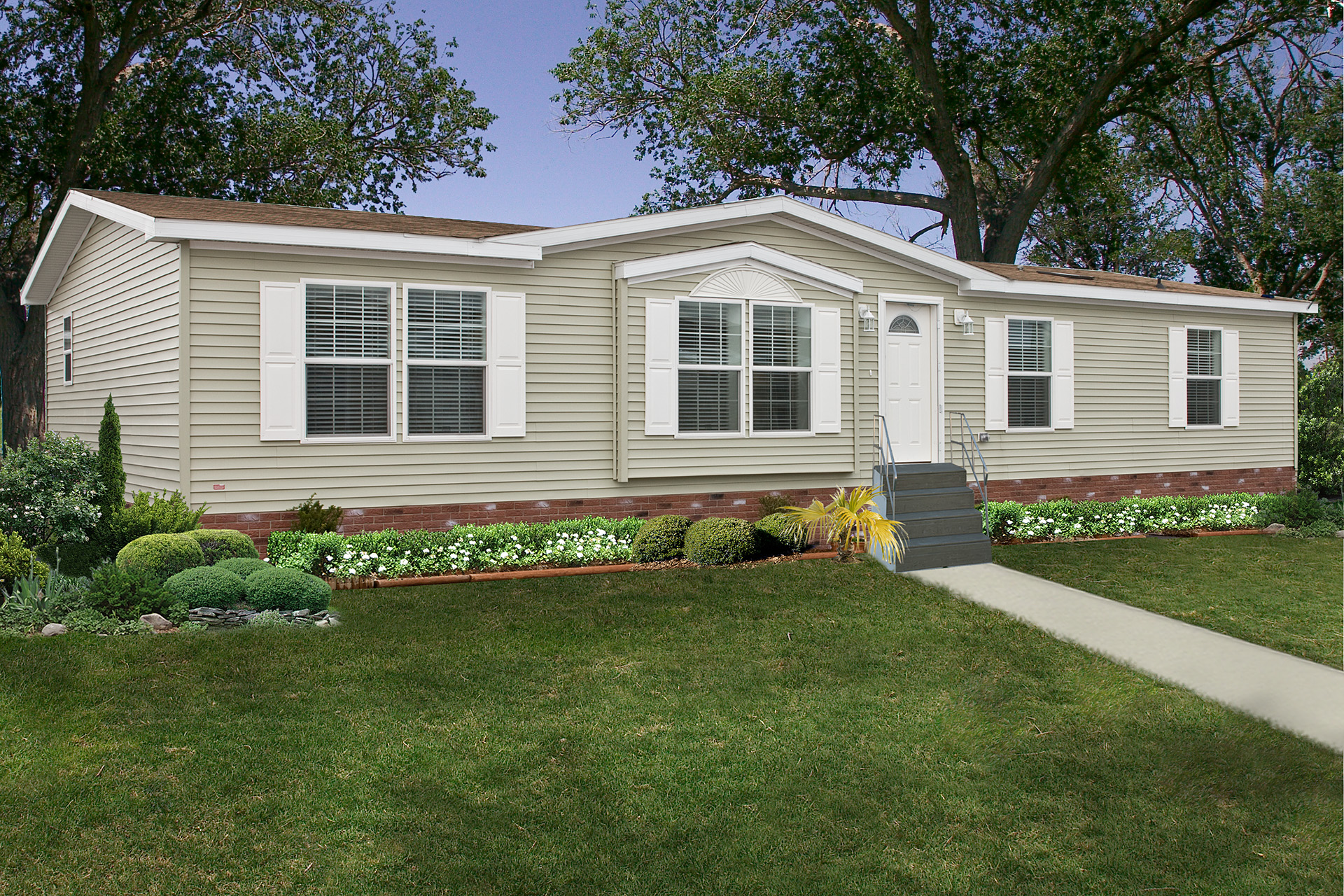Buying a Mobile Home: What You Need to Know
Most first-time home buyers only consider site-built single-family homes, but have you considered buying a mobile home? Mobile homes, while not as popular, have one big advantage: they typically have more space or amenities for the money. However, buying and financing a mobile home is very different from traditional home buying.
If you are thinking about buying a mobile home, here is what you need to know:
Types of mobile homes
Typically, mobile homes are sold as either single-wide or double-wide units. Single-wide mobile homes have a narrower frame. Inside, rooms are usually connected to each other rather than separated by hallways. With a double-wide mobile home, the width is roughly equal to two single-wide units attached to each other, which allows the mobile home to look more like a standard single-family residence.
When you buy a new mobile home, you will also have to find a location where you can place it. According to William Golightly, an associate with Poole Realty Inc. in Live Oak, FL, land sales and rentals vary by area. In more rural areas, lenders commonly use "a land-home package" deal which bundles private land with the purchase of your mobile home. In urban areas, many mobile-home owners rent lots in mobile-home parks.
Buying a mobile home: loan options
If you decide to finance the cost of your mobile home or land, the rules are a bit different from those for standard single-family homes.
For a new single-wide mobile home, Golightly says financing is practically impossible through a larger private lender. However, you may be able to finance it through the mobile home sales company or through a credit union.
For double-wide homes, financing rules depend on what type of loan you choose. For conventional loans,
"Quite a few lenders have a self-imposed 15-year-old rule," according to Golightly. Meaning, you may not qualify for a conventional loan if you're considering buying a used mobile home that is more than 15 years old.
For government-backed loans, the mobile home you are considering must be "original set." According to Golightly, when buying a mobile home, they cannot "have been set up somewhere else and then later broken down, moved, and set up again somewhere else." The lender will also 'require a foundational inspection from an engineer to make sure that [the mobile home] was set up to [Housing and Urban Development] specifications.'
Costs and insurance
Since a buying a mobile home generally costs less than a buying a traditional single-family home, a mobile home loan may also come with a lower down payment. Many conventional loan programs have a minimum down payment of 5 percent, according to Golightly. Some government-backed programs may require even less. For example, if you live in a rural area, with the "USDA Rural Development program, you could end up with 100 percent mortgage and have very little out-of-pocket expenses," Golightly said. However, your interest rate may be higher than other single-family home rates, since many lenders see mobile homes as a higher risk.
If you finance your mobile home, your lender will likely require you to carry mobile-home insurance. Similar to traditional homeowner insurance, this insurance protects against natural disasters, damage from fire or loss from theft.

